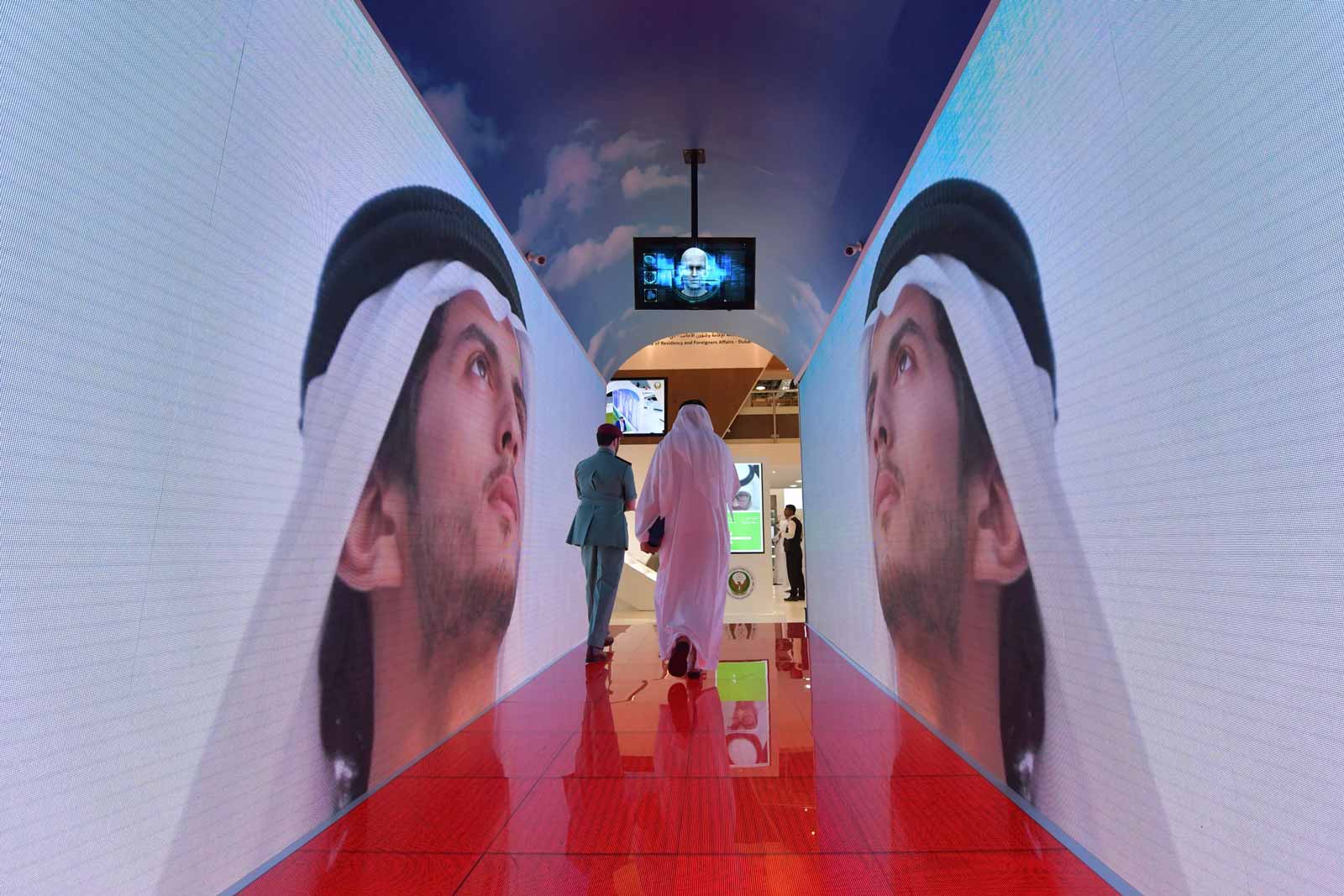As Atossa Araxia Abrahamian writes at the New York Review Daily, experts predict that within a decade passports will be a thing of the past, replaced by technology that scans our faces and bodies to determine whether we are free to travel across international borders. This development, notes Abrahamian, will only further hurt “passport-poor” travelers such as refugees and immigrants, for whom crossing borders signifies not freedom and luxury, but necessity and peril. Here’s an excerpt from the piece:
Passports, in other words, were invented not to let us roam freely, but to keep us in place—and in check. They represent the borders and boundaries countries draw around themselves, and the lines they draw around people, too. This is the case in wartime and in peace. While most countries no longer ask for Casablanca’s famous exit visas, all their elimination has done is remove a cudgel from the bureaucratic gauntlet. As barriers on people’s leaving fall away, blocks on their entering shoot up. And what is the use in leaving if you have nowhere to go?
If the passport served as a symbol of belonging to a sovereign nation, and, for the more fortunate, a way to travel outside it, not long from now the lines will be drawn around our bodies, rather than our countries. As printed papers and analogue technologies are giving way to intricate scans that can identify us by the patterns on our irises, the shape of our faces, and even maps of our veins and arteries, we no longer are our papers; rather, our papers become us.
Image: People walking through a security tunnel demonstrating how travelers departing from Dubai will have their faces or irises scanned, at the Gitex 2017 exhibition at the Dubai World Trade Center, October 2017. Via NY Review Daily.
